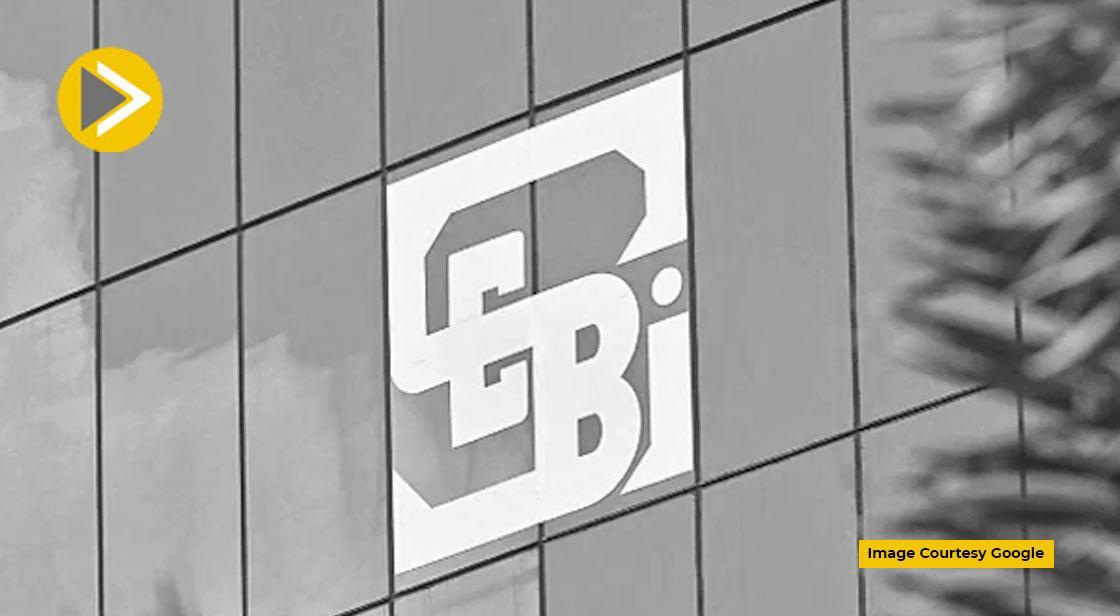SEBI Streamlines IPO Process for Companies in India

News Synopsis
The Securities and Exchange Board of India (SEBI) has implemented a series of changes to simplify the process for companies aiming to raise capital through an Initial Public Offering (IPO). These revisions focus on streamlining paperwork, offering more flexibility in meeting regulatory requirements, and facilitating a smoother overall experience.
Offer for Sale (OFS) Amendments
One key change concerns the Offer for Sale (OFS) component of an IPO. Previously, any adjustments to the OFS size necessitated a completely new filing with SEBI. The revised regulations now establish a more flexible approach. Companies can now modify their OFS based on either a specific rupee value or a number of shares without requiring a complete refiling. This streamlines the process and reduces administrative burdens for companies.
New Provisions for Promoter Group Entities
The new regulations also introduce welcome changes for promoter group entities and non-individual shareholders with a significant stake (over 5% of post-offer equity). These entities can now contribute towards any shortfall in the minimum promoter contribution (MPC) without being automatically classified as promoters.
This amendment is particularly beneficial for companies established by entrepreneurs who often secure multiple funding rounds before going public. Previously, such contributions from existing investors could have pushed them above the promoter classification threshold, potentially impacting their regulatory obligations.
Increased Flexibility in Meeting Minimum Promoter Contribution (MPC) Requirements
Securities and Exchange Board of India (SEBI) has further enhanced flexibility regarding minimum promoter contribution requirements. Existing regulations within the Issue of Capital and Disclosure Requirements framework allowed certain investor categories to contribute existing equity shares towards the MPC shortfall.
The recent amendments build upon this by allowing equity shares resulting from the conversion of compulsorily convertible debentures (CCDs) to be used towards meeting minimum public shareholding requirements. However, there's a caveat: these CCDs must have been held for at least one year before filing the draft red herring prospectus (DRHP). This additional option provides companies with more maneuverability when fulfilling their MPC obligations.
Ease of Doing Business with SEBI Regulations
The new SEBI regulations are a significant step towards enhancing the ease of doing business in India. By simplifying the requirements for OFS, introducing flexible provisions for promoter group entities, and providing additional options for meeting MPC obligations, SEBI is enhancing the overall business environment. These changes are expected to encourage more companies to pursue public listings and contribute to the growth of the Indian capital markets.
Extension of Bid Closing Date for Force Majeure Events
Recognizing the potential disruption caused by unforeseen circumstances, SEBI has eased the process of extending the bid closing date for an IPO. Previously, such extensions due to "force majeure" events like banking strikes required a minimum of three days' notice. The revised regulations now allow for a minimum extension of just one day, enabling companies to react more swiftly to unexpected situations.
Conclusion
These regulatory changes by SEBI are aimed at making the IPO process more accessible and efficient for companies. By simplifying the requirements for OFS, introducing flexible provisions for promoter group entities, and providing additional options for meeting MPC obligations, SEBI is enhancing the overall business environment. The new rules are expected to encourage more companies to pursue public listings and contribute to the growth of the Indian capital markets.
You May Like









